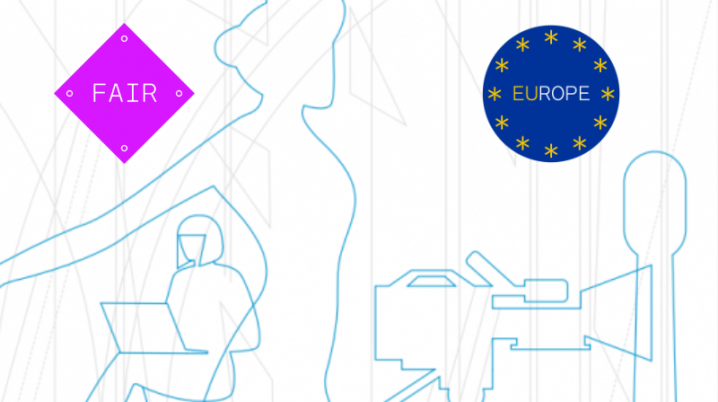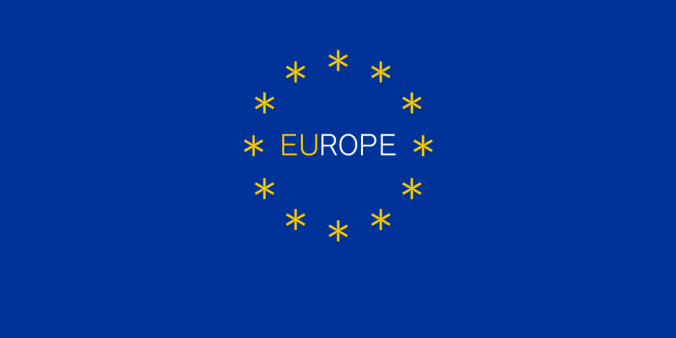
EU Report: The Status and Working Conditions of Artists and Cultural and Creative Professionals
The report delves into the working conditions for artists and professionals in the creative sector: artist status and social security, fair practice, skills and lifelong learning, and artistic freedom. Alongside a series of formulated recommendations, the report also contains case studies and separate recommendations. The report can be downloaded below.
Art and culture are an integral part of our societies and enrich our lives in many ways. The ability of art to inspire, connect, innovate and bring people from different backgrounds and cultures together is becoming increasingly recognised at EU and Member State levels – not only because of the intrinsic value of culture but also because of its proven social and economic impacts. But does this recognition also extend to the artists and cultural and creative professionals who make this happen? Many of them face precarious working conditions, low, irregular and unpredictable incomes, high levels of self-employment, project-based careers and a lack of legal structures that provide social protection and sustainable frameworks for their career development. Artistic freedom is closely linked to social and economic conditions.
These challenges have been exacerbated by the COVID-19 crisis, which catalysed a growing awareness and political momentum to tackle artists’ working conditions. The improvement and strengthening of a fair and decent working environment have already been demanded for a long time by representative organisations and networks of the cultural and creative sectors (CCS) EU-wide and beyond.
National and European action needed
The report is the outcome of the OMC working group (Open Method of Coordination), established by the European Commission, consisting of various experts from the 27 member states concerning "The Status and Working Conditions of Artists and Cultural and Creative Professionals." The working group operated across sectors and included experts in both culture and employment, as well as social and economic affairs. Joost Heinsius participated in the working group from the Netherlands.
Due to the limited powers of the EU, many of the challenges addressed in this report necessitate action at the national level, extending beyond the work of Culture Ministries, requiring a political and multidisciplinary approach involving various ministries.
The new EU work plan for culture 2023-2026 outlines further actions at the EU level, including a follow-up on the output of the results from this OMC working group to ensure the subject remains on the agenda. Additionally, all data collected through an extensive survey will be used for an online platform where all the gathered information is shared, along with updates on new initiatives.



